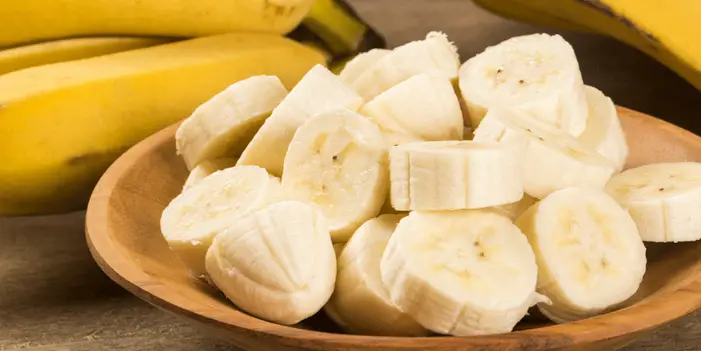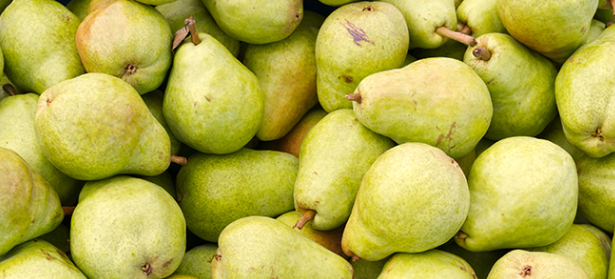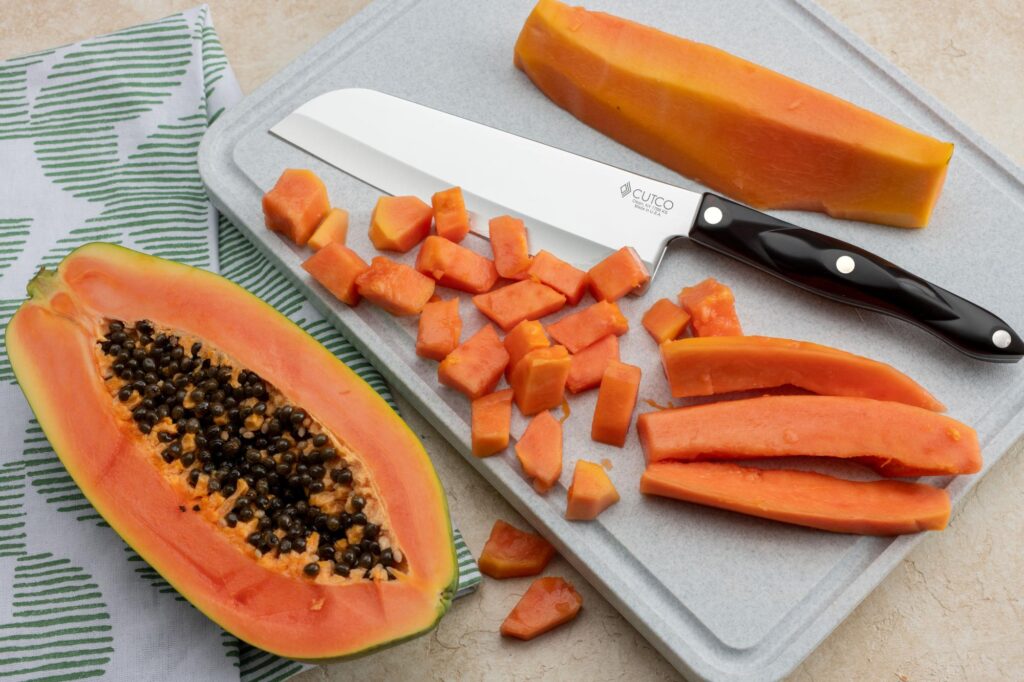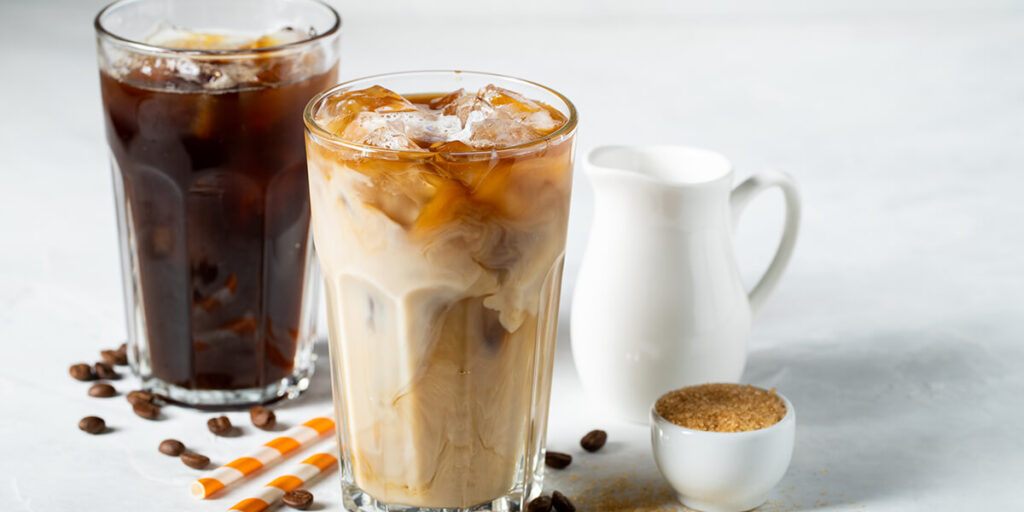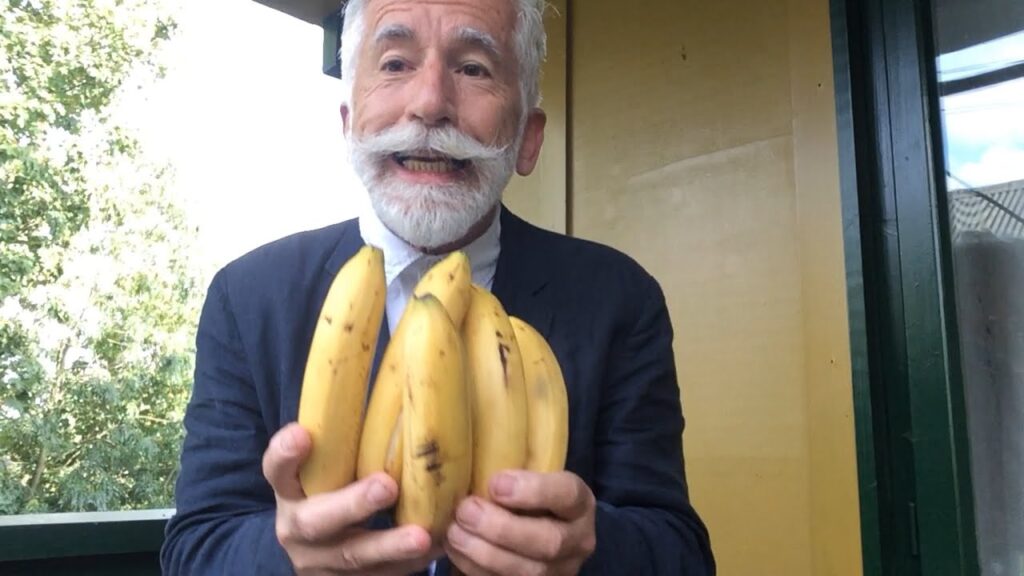Bananas are loved all over the world. They’re packed with good stuff like potassium and vitamin C. Plus, they’re tasty when eaten as they are or used in things like cakes and smoothies.
But what about when you see those black spots on them? Should you eat those bananas or toss them? This article will talk about what those black spots mean and if they’re safe. We’ll also look into why bananas get spots and what you can do to stop them from showing up.
Table of Contents
What Do Black Spots on Bananas Mean?
Those black spots that you see on bananas are pretty normal and can happen a lot. A lot of people aren’t sure what they mean, though. When bananas are all spotty, it means they’re ripe or even overripe. This happens when they make a gas called ethylene, which turns their starches into sugars.
The riper the banana gets, the softer and sweeter it becomes, and it also gets easier to bruise. Black spots don’t usually make the banana less safe or less healthy to eat. But if you see mold or it smells weird, that’s a sign you shouldn’t eat it.
Basically, bananas with black spots might not look the best, but they’re often fine to eat and can be really sweet. If you check them for signs that they’ve gone bad and keep them stored nicely, you’ll get a great piece of fruit.
What’s Behind the Black Spots on Bananas?
As bananas ripen, they go through changes because the gas they release changes their starches into sugars. This makes the banana softer and tastes sweeter but more likely to get those spots or bruises.
Types of Black Spots on Bananas
There are two types of black spots that might show up on bananas: bruises and sunburn spots.
Most spots come from bruises when the banana gets bumped or squeezed. These spots start small but can grow and join together, sometimes making the banana feel soft in those areas. Bruised bananas are just past their prime but still good to eat.
Sunburn spots happen when bananas are in the hot sun or very warm places. These spots are bigger and might feel different than the rest of the banana. They might taste different because of how they ripened, but they’re still okay to eat.
So, there you have it: you might get spots on your bananas from being bruised or from too much sun. Either way, they’re usually good to eat, though bruised bananas might be a bit overripe and sunburned ones might not taste as you expect.
Are Bananas with Black Spots Healthy?
Yes, bananas with spots are still healthy. When spots appear, it means the banana’s starches have changed into simple sugars, which can be easier to digest. This makes these bananas a quick energy boost.
Spotted bananas might even be better for you than green ones, so don’t throw them away just because of a few spots.
How to Avoid Black Spots on Bananas
Want to keep your bananas spot-free? Here are some things you can do:
- Pick up fresher bananas: When buying, look for those with fewer marks and a bit of green. These are fresher.
- Be gentle: Treat bananas kindly to stop bruising. Don’t pile other things on top of them.
- Keep them at room temperature: Once they’re ripe, you can put bananas in the fridge. But remember, while the cold won’t hurt the fruit inside, it will make the peel look darker, almost like there are spots.
- Store them away from other fruit: Bananas let out ethylene, which can make other fruits ripen and get spots faster. So, keep them separate from fruits like apples and pears.
If you do these things, you’ll help stop spots from popping up on your bananas, and they’ll taste as delicious as they should.
How to Use Bananas with Black Spots
If you’ve got bananas with spots, don’t worry! You can use them in all sorts of tasty ways:
- Smoothies: Spotty bananas add the right sweetness and cream to your drink. Blend them with other fruits, yogurt, milk, or ice for a yummy smoothie.
- Baking: They’re great for baking because they’re sweet and mushy. Use ripe bananas in banana bread, muffins, cakes, and cookies.
- Pancakes or Waffles: Mashed up bananas are great in pancake or waffle batter. They make them naturally sweet. Add some cinnamon or choco chips for extra yum.
- Ice cream: Freeze ripe bananas and then blend them to make a smooth and healthy alternative to ice cream. Drop in other fruits or some nut butter for different flavors.
- Oatmeal: Stir mashed bananas into oatmeal for a bit of sweetness. Top it with banana slices, nuts, or honey to make it even better.
- Energy bars: Mix mashed bananas with nuts, seeds, dried fruits, and oats to make healthy, homemade energy bars.
Even if bananas have black spots, they’re still good eats. They’re full of health perks and you can use them in so many recipes, like drinks, treats, or breakfasts. Spotted bananas can be just as tasty as they are good for you.
In Conclusion
Black spots on bananas? Not a big deal. Bananas with spots are often ripe, sweet, and totally safe to eat.
But, if your banana smells funny or looks like alcohol or vinegar, it’s best to skip it. Also, don’t eat bananas if they have mold or a bad smell. This can keep you safe from getting sick from bad food.
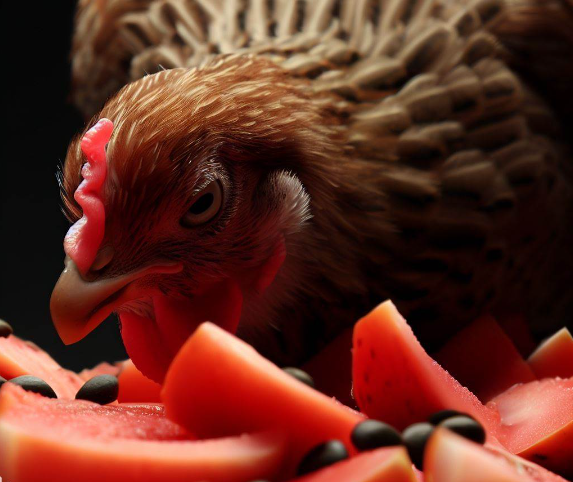
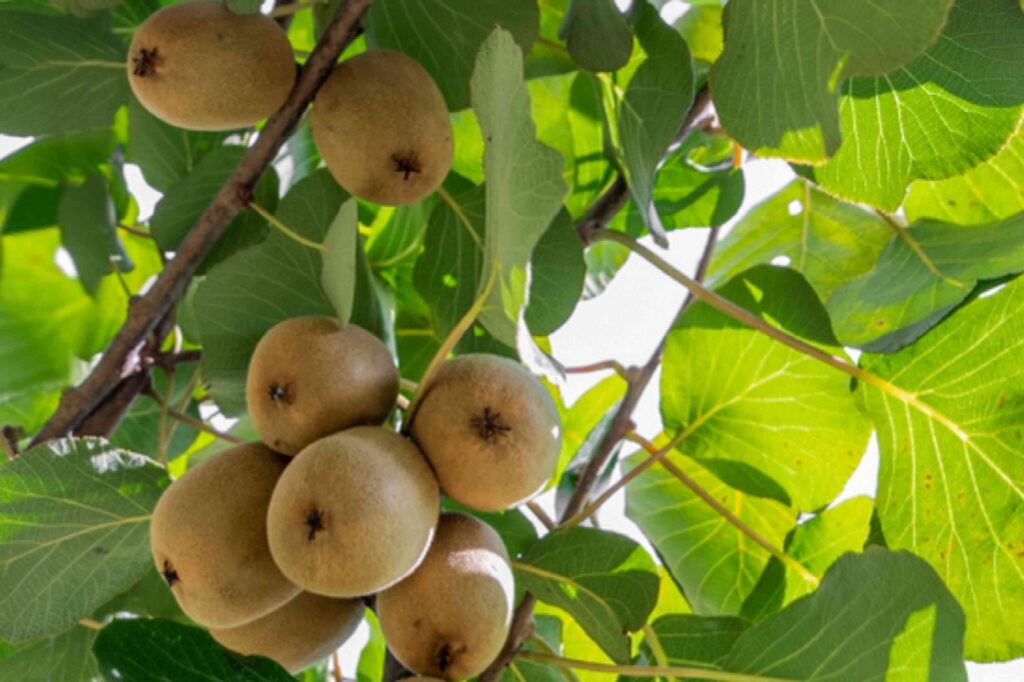
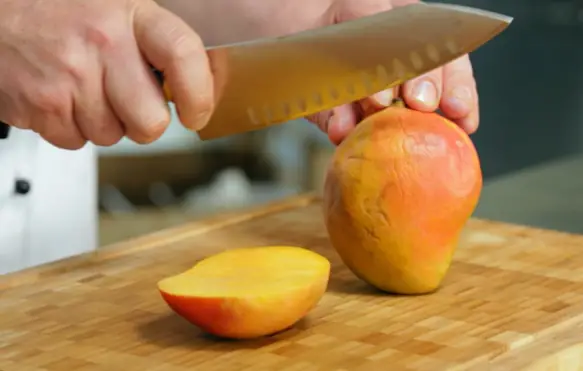
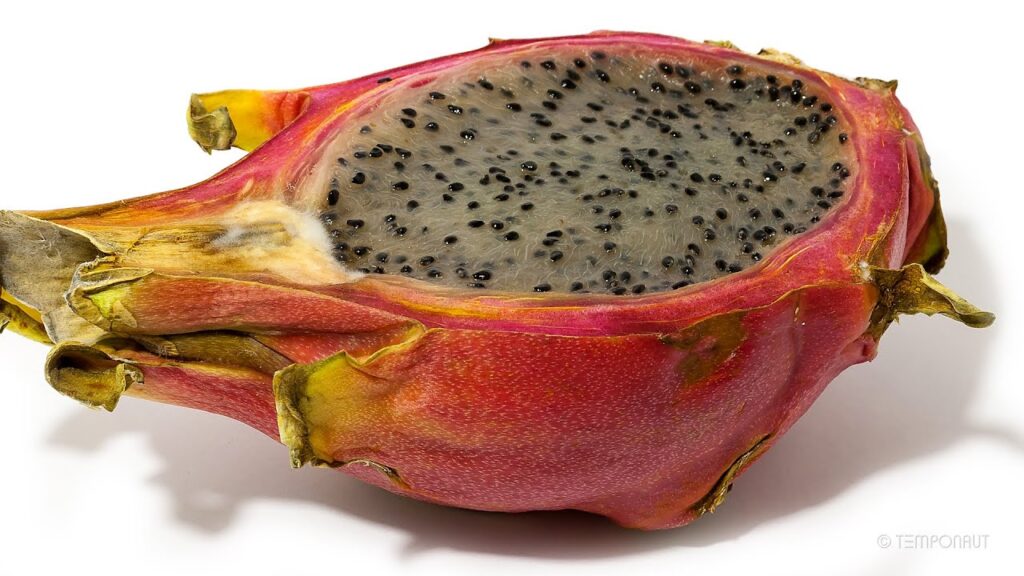
![Is Mango A Citrus Fruit, A Stone Fruit, Or A Drupe? [ANSWERED]](https://fruitonix.com/wp-content/uploads/2023/04/is-mango-a-drupe.jpeg)
